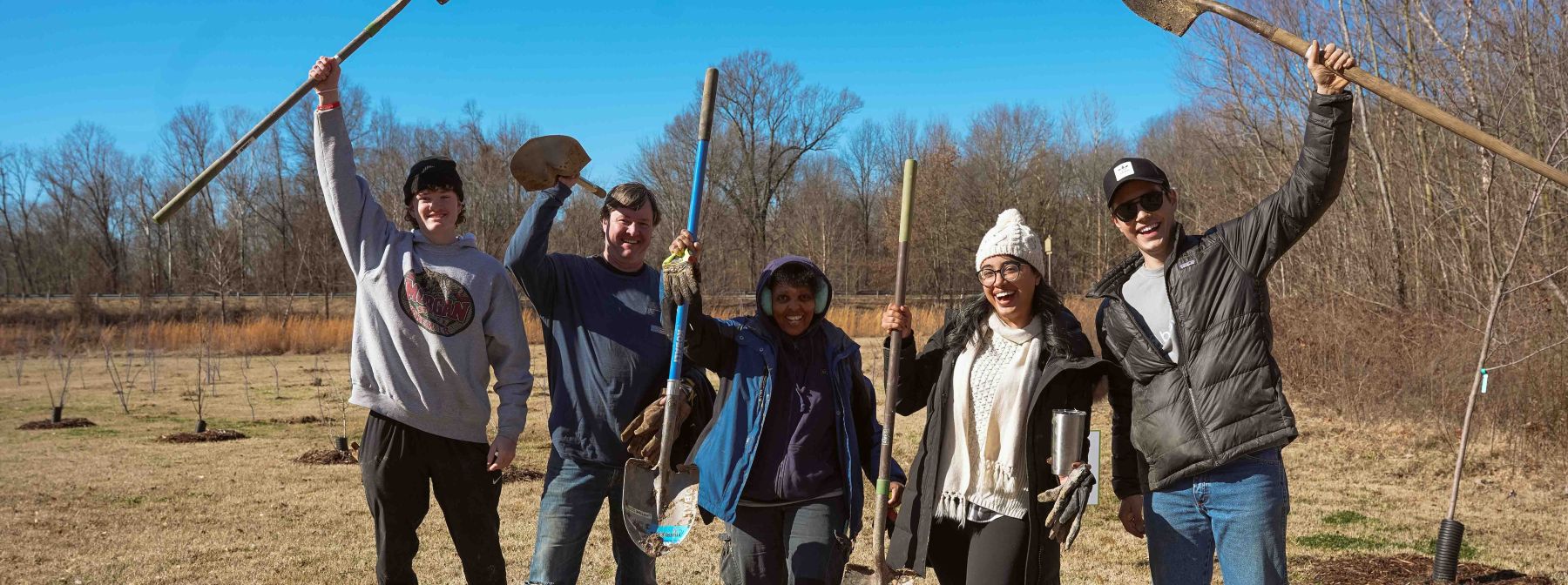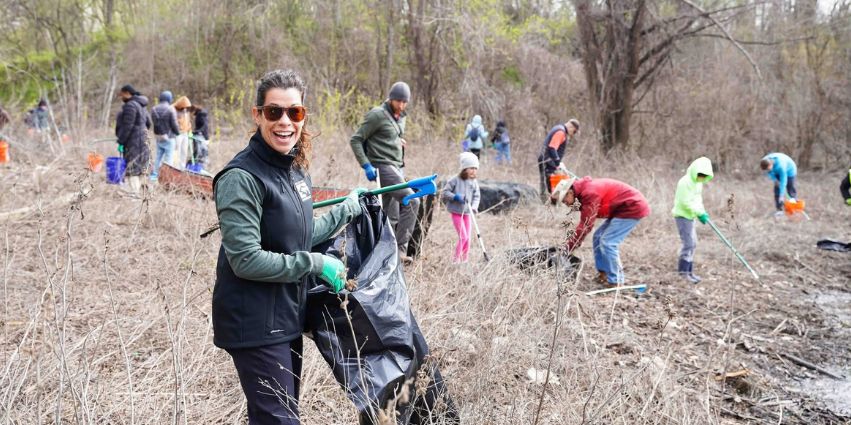Farming for the Future: Regenerative Agriculture


Dr. Forbes Walker will discuss the potential of regenerative agriculture to boost productivity and heal the world.
Forbes Walker received a Ph.D. in Soil Science from North Carolina State University in 1998 and since then has worked as the Environmental Soils specialist for the University of Tennessee Extension. As the Environmental Soil Specialist, he is responsible for coordinating educational and research programs in Tennessee in the areas of cover crops and soil health, nutrient and manure management, the appropriate use of alternative fertilizer materials, waste utilization, nutrient cycling, and water quality.
Much of his work today is related to the impact of agriculture on the environment and assessing practices that will improve agricultural productivity without negatively impacting the environment, specifically water and air quality. He currently manages several research and extension projects looking at the impact of agriculture from the plot to field to watershed scale. Since 2015 he has been the lead investigator in a statewide $5 million climate change adaptation grant from USDA involving partners from five Universities across Tennessee.




